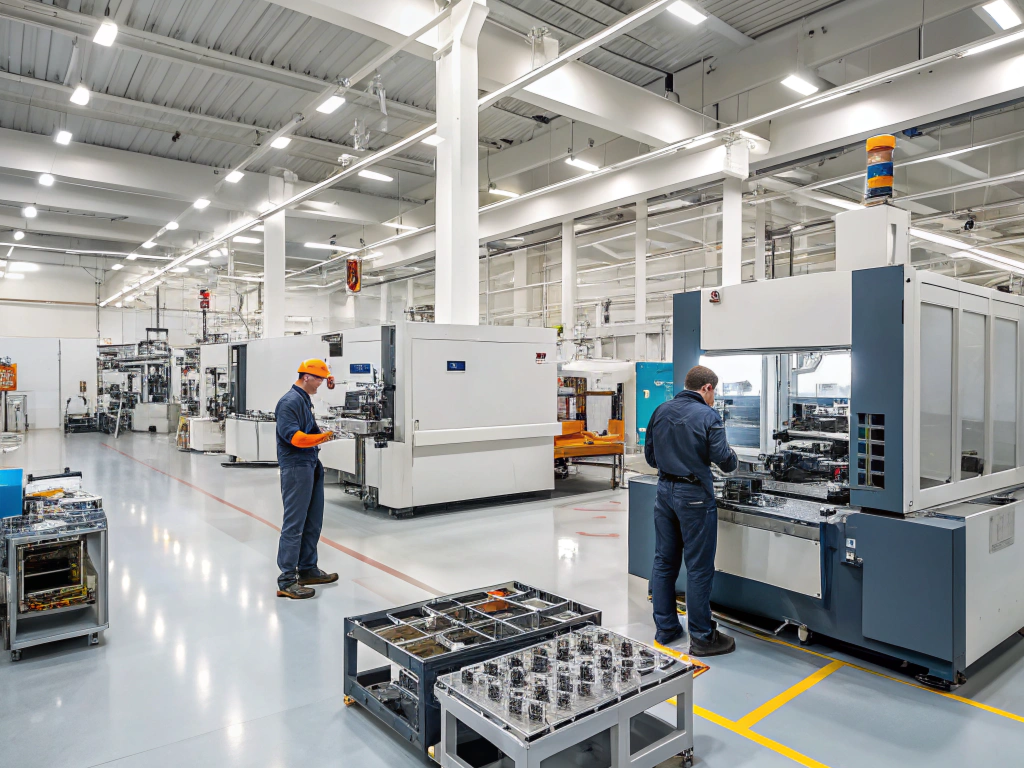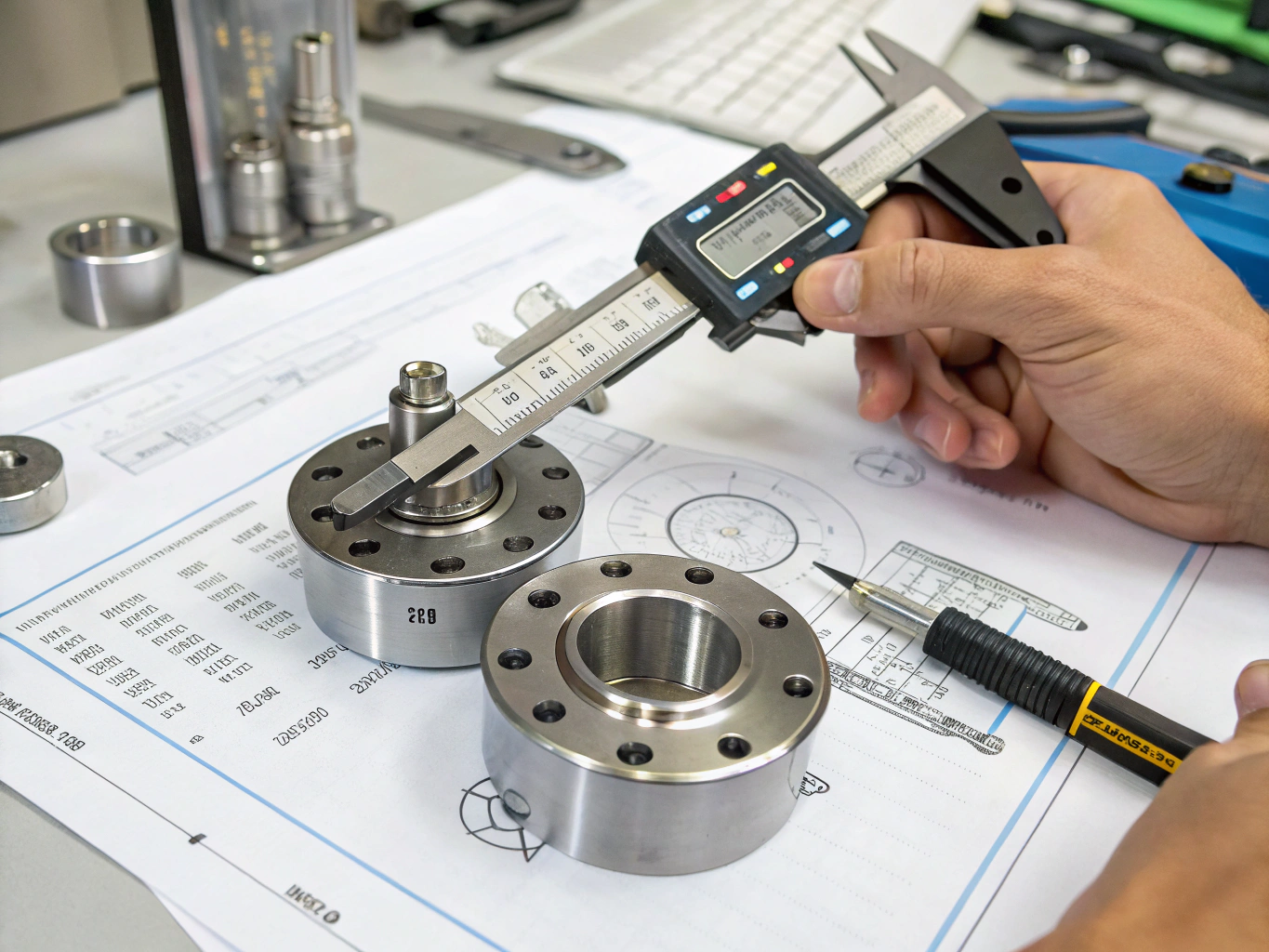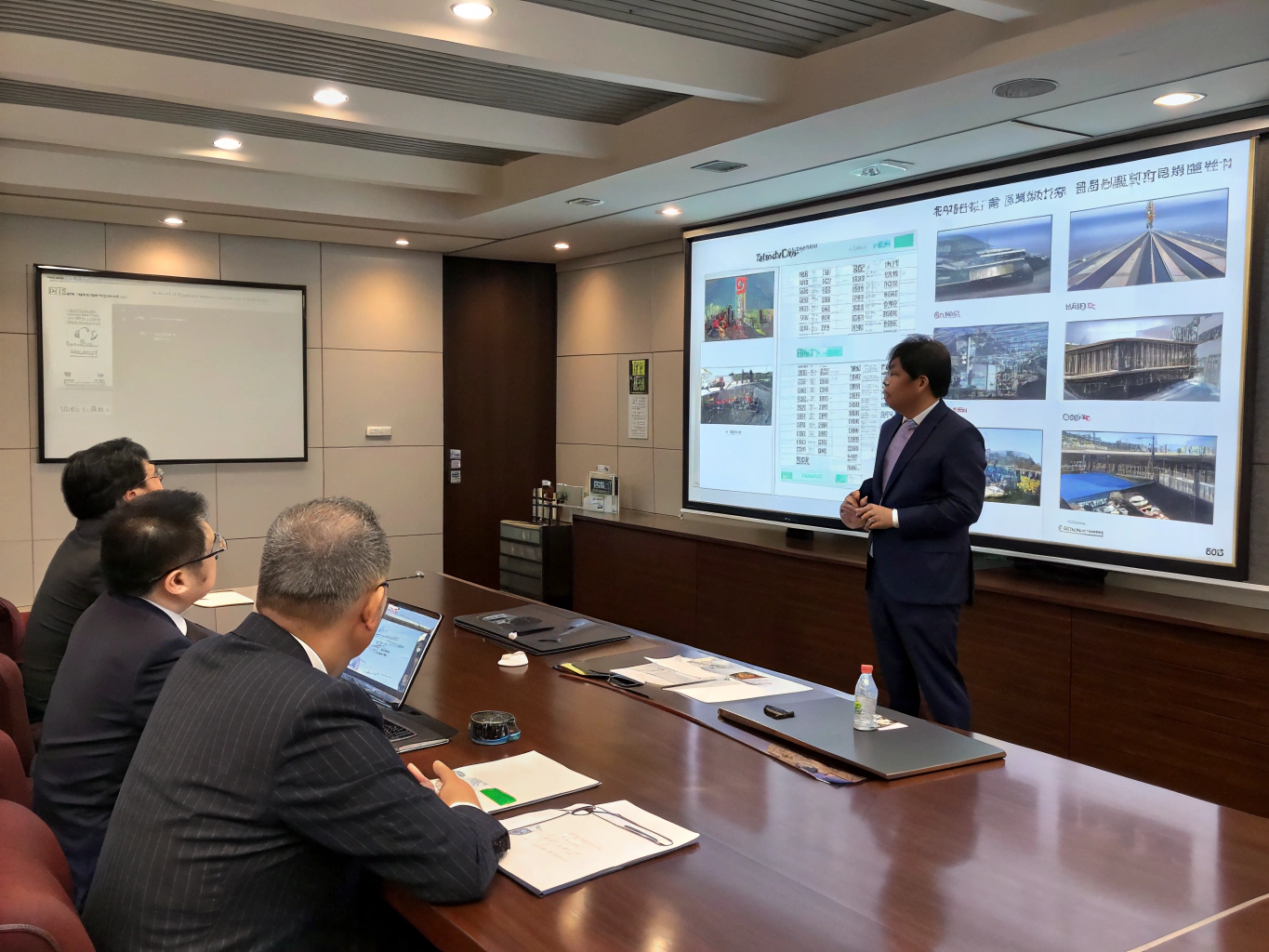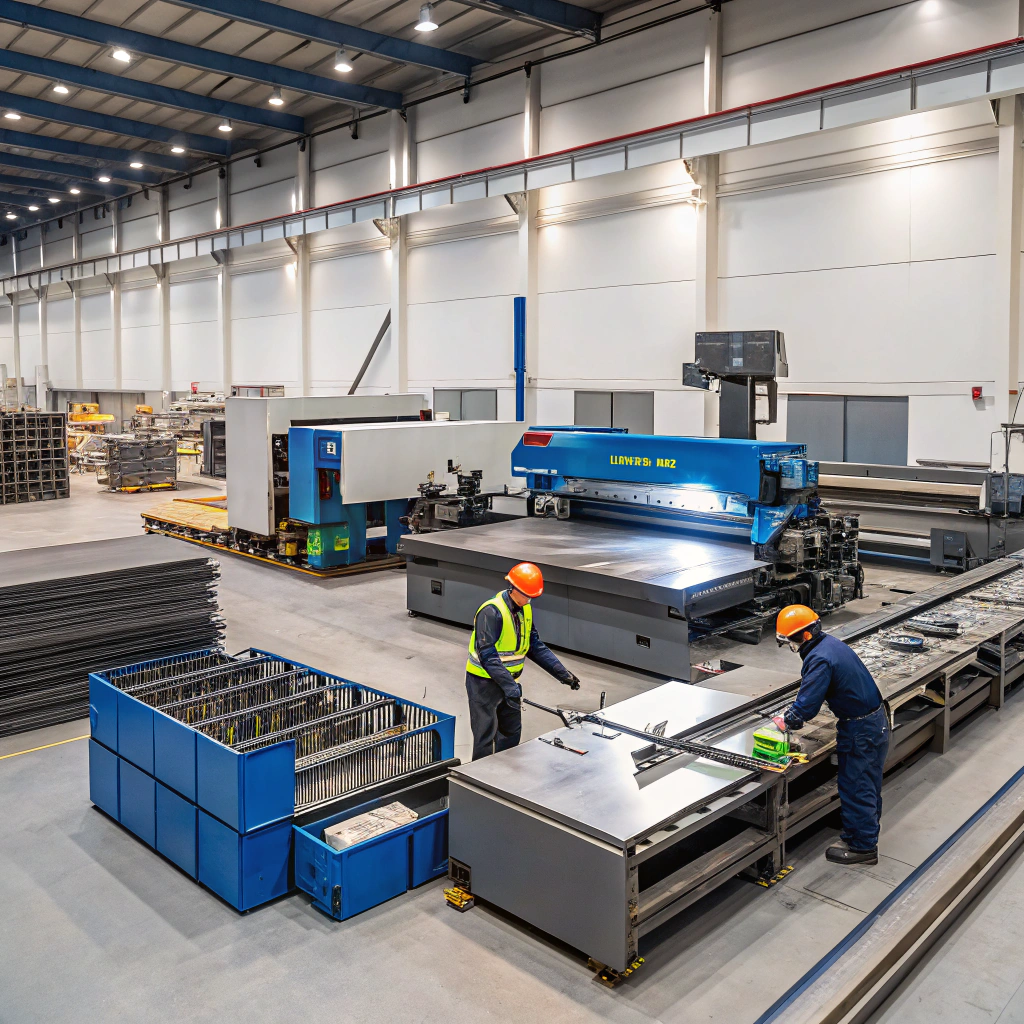
When I first started sourcing custom steel parts, I was burned by a supplier who talked big but couldn’t deliver. That failure delayed my client’s production by three weeks. Since then, I have developed a strict process to check a supplier’s true production capability.
You can determine if a custom steel parts supplier1 has production capability by evaluating their equipment, production scale, past cases, and R&D strength. These areas show if they can deliver consistent quality and meet your order requirements.
Finding a supplier who claims they “can do everything” is easy. The hard part is confirming whether they really can. I’ll show you how I screen them for clients at DEWIN.
What Key Equipment and Technologies Should a Supplier Have?
I once visited a factory that claimed they could handle precision steel parts. But when I checked their workshop, I found old machines and no CNC equipment. It was a red flag, and I walked away.
A capable custom steel parts supplier should have essential equipment like CNC machines, milling machines, lathes, and surface treatment systems. Advanced technology ensures precision, efficiency, and stable quality.

Core Equipment to Look For
| Equipment | Purpose |
|---|---|
| CNC Machining Centers | High-precision machining of complex parts |
| Milling Machines | Shaping steel parts with accuracy |
| Lathes | Producing round and cylindrical components |
| Grinding Machines | Achieving tight tolerances and smooth finish |
| Heat Treatment Furnaces | Improving steel hardness and durability |
| Surface Treatment Lines | Coating and anti-corrosion treatments |
Why Equipment Matters
Precision and Tolerances
Without modern machines, it’s impossible to hold tight tolerances. This can cause parts to fail when assembled.
Efficiency and Delivery Time
Advanced equipment speeds up production. This reduces lead time and prevents delays.
Consistency in Mass Production
Older machines can’t maintain consistency. In mass production, this leads to a higher defect rate.
At DEWIN, we always check if a supplier’s key equipment is operational and well-maintained. We also verify if machines are calibrated regularly.
How to Evaluate a Supplier’s Production Scale and Capacity?
A supplier once told me they could deliver 10,000 parts per month. When we did a factory audit, we found they had only five workers and two machines. Their capacity was clearly exaggerated.
You evaluate a supplier’s production scale and capacity2 by visiting their factory, understanding their workforce size, machine count, and daily output. This ensures they can handle your order volume.

Key Metrics to Review
| Factor | What to Check |
|---|---|
| Workforce Size | Number of skilled operators and engineers |
| Machine Quantity | Enough machines to support large orders |
| Shift Arrangements | Single or multiple shifts to boost output |
| Lead Times | Ability to deliver on time consistently |
How to Confirm Production Scale
Factory Tour
Walk through the production floor. Count machines and talk to operators. Are they running multiple shifts? Are workers skilled?
Daily and Monthly Output Records
Request production records. Look at how many parts they produce daily and monthly. Compare that to your order needs.
Review Current Orders
Ask how many projects they are handling now. Can they fit your order in their schedule?
At DEWIN, we always check if the factory can meet peak demand. If not, we look for backup suppliers.
Should You Review the Supplier’s Past Production Cases?
Early in my career, I skipped this step and paid the price. A supplier delivered parts with wrong dimensions. Later, I found they had no experience with similar products.
You should review the supplier’s past production cases to confirm their experience with similar parts. This proves they can meet technical and quality requirements.

What to Look for in Past Projects
| Review Area | Why It Matters |
|---|---|
| Similar Part Types | Shows experience in your product category |
| Tolerance Control | Proves ability to meet precision standards |
| Surface Finishing | Confirms capability in post-processing |
| On-Time Delivery | Demonstrates reliability in lead times |
How to Verify Past Cases
Ask for Case Studies
Request samples or case studies of past projects. Look for examples similar to your parts.
Talk to Past Clients
If possible, ask for references. Talk to their customers about their experience.
Check Quality Records
Review quality inspection reports. Look at dimensional inspection records and surface finish reports.
At DEWIN, we only work with suppliers who have proven experience in the product type. This reduces risk and ensures predictable outcomes.
How Does a Supplier’s R&D Capability Affect Production?
I once worked with a supplier who could only follow existing designs. When we needed design optimization for better cost and performance, they couldn’t help. It caused delays and extra costs.
A supplier’s R&D capability3 affects production because it allows them to improve designs, solve technical problems, and offer better production solutions. Strong R&D makes them flexible and proactive.

Why R&D Matters in Custom Parts
| Benefit | Explanation |
|---|---|
| Design Optimization | Helps reduce cost and improve performance |
| Process Innovation | Develops better manufacturing processes |
| Problem-Solving Ability | Quickly fixes issues during production |
How to Evaluate R&D Capability
Review Engineering Team
Check if they have mechanical engineers and designers. Ask about their experience with CAD/CAM software and design tools.
Look at Patents or Innovations
Do they have patents? Have they developed unique processes?
Prototype Support
Can they support prototype development and testing? This speeds up development and improves product reliability.
At DEWIN, we value suppliers with strong R&D teams. They help us and our clients cut costs and solve problems before they escalate.
Conclusion
Choosing the right custom steel parts supplier requires checking their equipment, capacity, experience, and R&D. These steps ensure reliable quality and on-time delivery.
Understanding the key factors in selecting a custom steel parts supplier can help ensure quality and reliability in your projects. ↩
Evaluating a supplier’s production scale and capacity is crucial for meeting your order requirements and avoiding delays. ↩
A supplier’s R&D capability can significantly enhance production efficiency and innovation, leading to better outcomes for your projects. ↩

